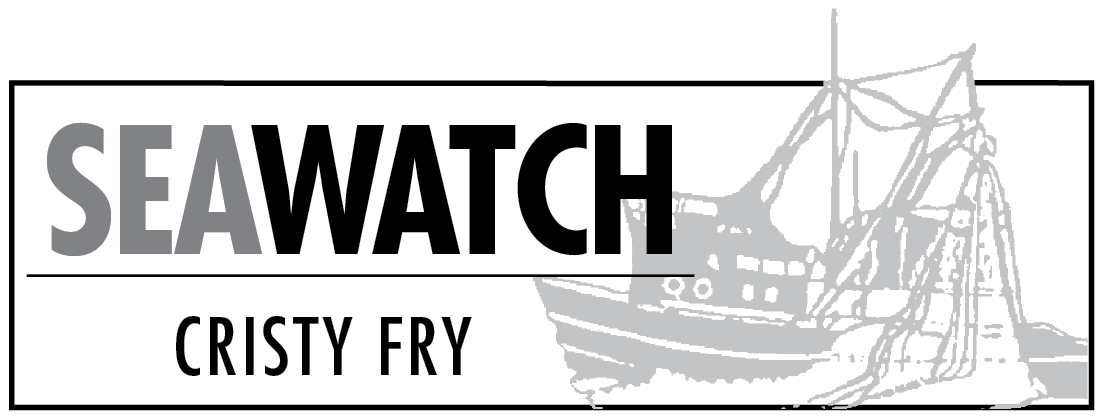Upper Cook Inlet setnetters were handed a significant victory by the Alaska Supreme Court when it overruled a decision by a Superior Court judge that would have allowed a ballot measure to ban setnets in “urban areas,” but was targeted at Cook Inlet.
The ballot initiative was proposed by Alaska Fisheries Conservation Alliance as an attempt to eliminate the catch of Kenai king salmon by UCI setnetters at a time when king salmon were in serious decline state-wide.
The lieutenant governor declined to certify the initiative saying it violated the state constitution’s prohibition on allocating state assets by initiative, but that decision was overturned by the Superior Court.
In the Supreme Court ruling, the justices said the initiative was a “give-away program of salmon stock from setnetters,” designed to appeal to the self-interests of noncommercial fishermen.
They added that it would significantly narrow the legislature’s and Board of Fisheries’ range of freedom to make allocation decisions.
AFCA board members include Bob Penney, a well-known Kenai resident who has clashed with commercial fishermen for years.
In a statement, Penney said he was “deeply disappointed” by the ruling, “because the Kenai kings are the real loser.”
“We are disappointed with the court’s decision to deny voters an opportunity to weigh in on the method and means for harvesting,” AFCA president Joe Connors added.
However, the Kenai Peninsula Fishermen’s Association, a setnet group, expressed both elation and relief in their statement.
Andy Hall, president of KPFA, said “(S)etnets are tightly managed and highly selective harvest tools that enrich the economy and enhance stability in Cook Inlet’s salmon stock. The red salmon runs are strong, and the Kenai’s late king salmon run continues to rebound thanks to good, science-based management by (Alaska Department of Fish and Game).”
Resources For All Alaskans, a group formed to fight the initiative that filed an amicus curiae brief in the case, argued that the proposed ban would eliminate a historical user group and not just a type of fishing gear.
RFAA president Jim Butler said “all fishermen stand ready to share the burden of conservation when fishery managers think it is necessary. Targeting a particular fishery for elimination by ballot box biology was a serious threat to not only the commercial fisheries statewide but for other natural resource industries in Alaska.”
There are 700 setnet permits in Upper Cook Inlet; 85 percent are owned by Alaskan residents, according to ADF&G.
Cristy Fry can be reached at realist468@gmail.com.


